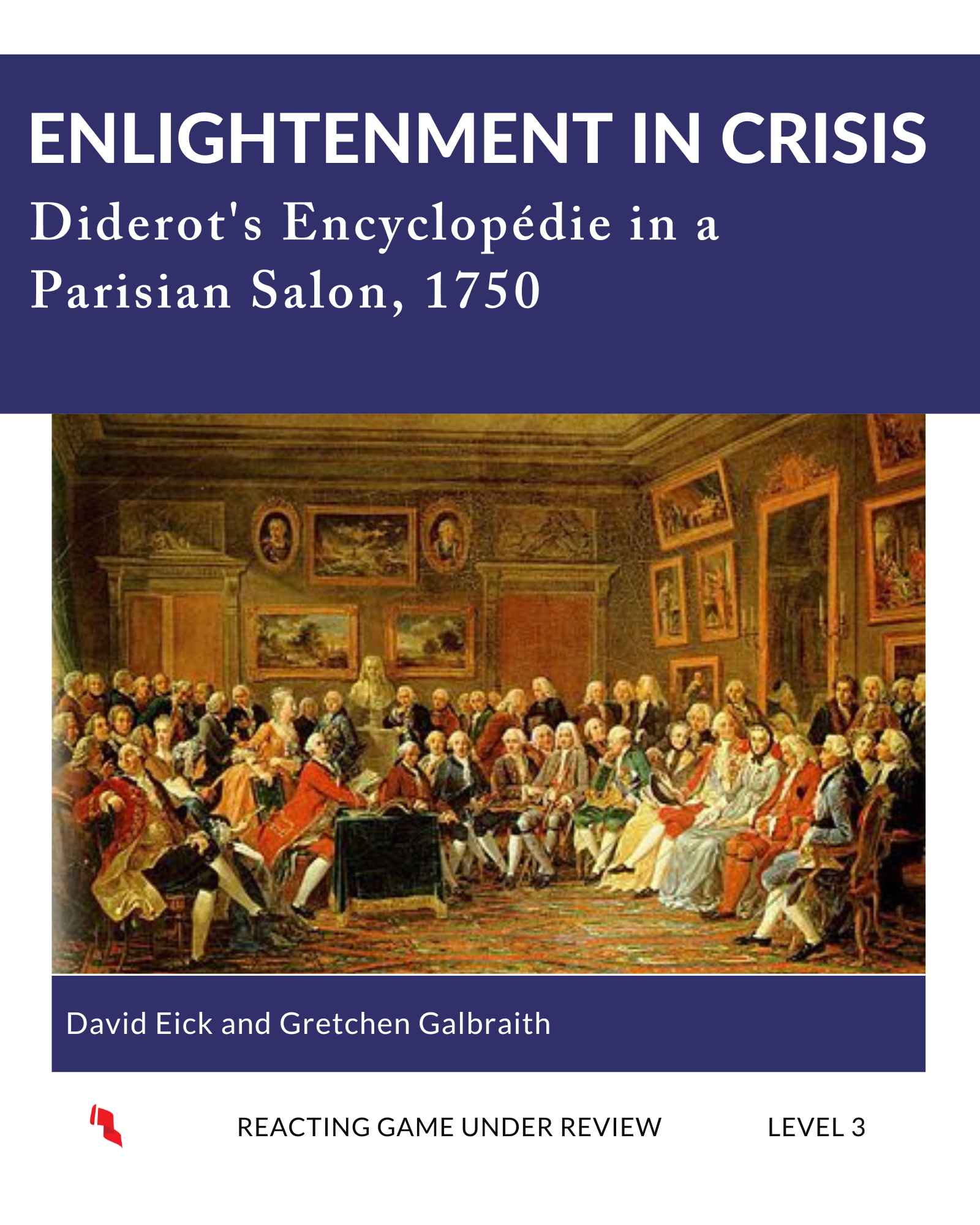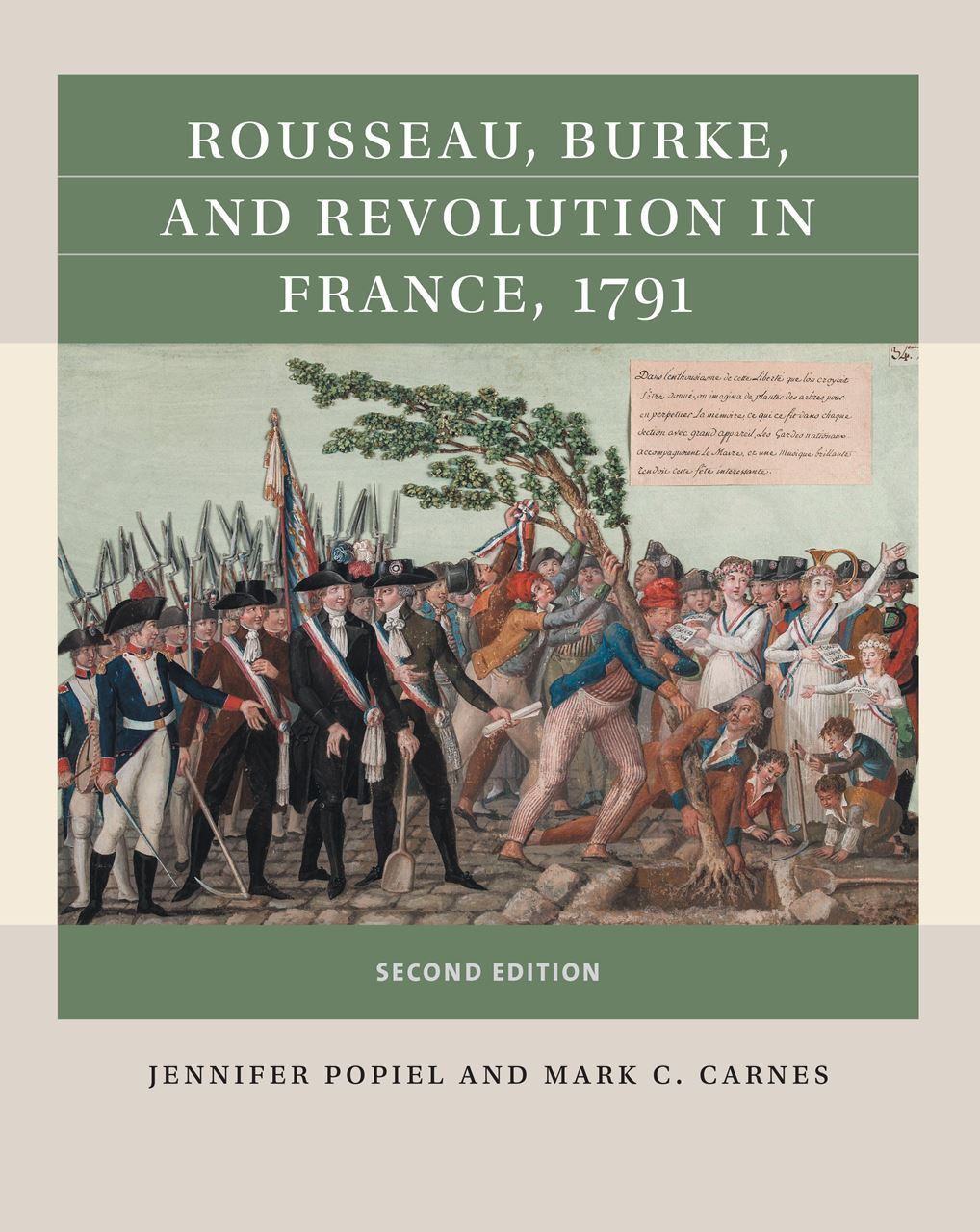 |
BIRTH OF THE PUBLIC SPHERE
Politics, Religion, and the Birth of the Public Sphere: England, 1685-1688
by Joseph Sramek

Play this game recently? | Spirited intellectual debate within a late 17th century London coffeehouse. Politics, Religion, and the Birth of the Public Sphere places students in the turbulent political and religious debates of late seventeenth century England, debates that were fundamental in shaping modern civil society. Other themes, such as the burgeoning Scientific Revolution, cultural transformations such as Restoration theater, gendered debates about the appropriate role of women in public debates, and the role of sociability in the development of major intellectual and moral theories are also foregrounded in the game. The game concludes by simulating the so-called “Glorious Revolution” of late 1688, resolving this significant event in English and Anglo-American history through a variety of player actions throughout the game. This is a Level 3 game that is still under development but has been approved by the Reacting Editorial Board (REB) for general use. A detailed explanation of the editorial process and game levels can be found on our REB Page. |
Details
|
Using the Game
Class Size and Scalability |
Reviews |
"This game is very rich and really engaging. I like the inclusion of both scientific and cultural aspects in the game, and would be pretty excited about playing this in a class along with 'Stages of Power.'" | "It covers a critical moment in English constitutional, intellectual, and religious history—one with important implications for US history as well. The texts are rich and nuanced, and the characters are fascinating." | "This game brings to life a notoriously complex moment in history (one that can be really difficult to teach) that shaped political and religious thinking over the ensuing centuries. My sense is that this game would be most successful in a classroom where the GM is pretty familiar with these key texts and their historical context and the students are prepared to tackle unfamiliar concepts and terminology." |
 GAME MATERIALS
GAME MATERIALS
Reacting Consortium members can download all game materials below. You will be asked to sign in before downloading.
Please fill out the Permissions Request Form before using Birth of the Public Sphere in your class!
Gamebook Students need a Gamebook, which includes directions, resources, and historical content. | Instructor's Manual The Instructor's Manual includes guidance for assigning roles, presenting historical context, assignments, activities and discussion topics, and more. | Role Sheets Students also need a Role Sheet, which contains biographical information, suggestions for further reading, and role-specific info or assignments. |
Additional Resources
Resources for Introduction and/or Debrief
|
|
Joseph Sramek
Joseph Sramek is an associate professor of history at Southern Illinois University Carbondale, where he also serves as program coordinator and Director of Undergraduate Studies for the History and History-Education majors. He is the author of Gender, Morality, and Race in Company India, 1765-1858 (Palgrave, 2010) and frequently cited journal articles on British tiger hunting and masculinity (Victorian Studies, 2006) and religion and greater senses of Britishness in the empire (Journal of British Studies, 2015). He is currently researching senses of British and imperial national identities as lived experiences in colonial India over the long 19th century. He is also working on a second game for RTTP about British politics during the “Age of Peel” during the 1840s. Since 2015, he has actively taught with RTTP and has played nearly 20 different games with his students thus far. |
Members can contact game authors directly if they have questions about using the game. We also invite instructors join our Facebook Faculty Lounge, where you'll find a wonderful community eager to help and answer questions.
|
|
|



